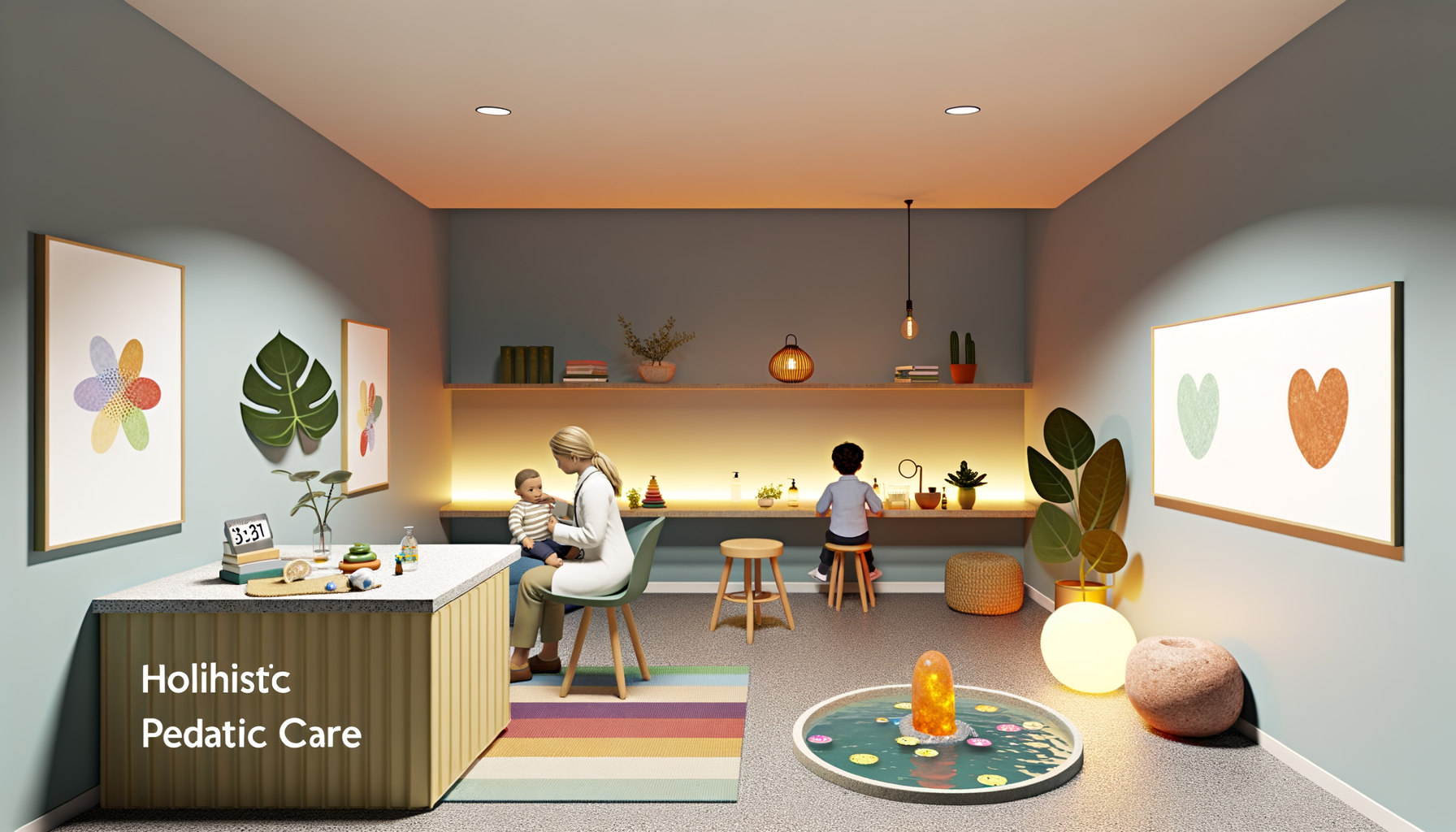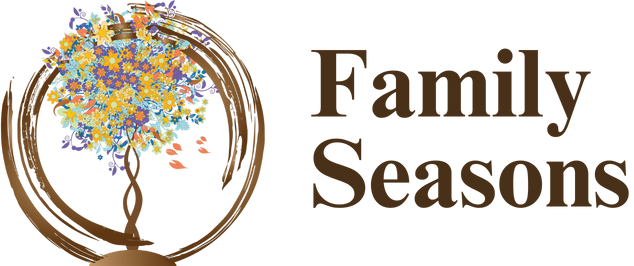Embracing Postpartum: A Guide to Mental Health and Support

The journey through pregnancy culminates in a monumental event: the birth of a child. Yet, the period following childbirth, known as the postpartum phase, ushers in a suite of mental health challenges that can often take new mothers by surprise. The landscape of postpartum mental health is complex, characterized by mood changes, stress, and a profound shift in identity. The objective is to equip new mothers with strategies for navigating these changes, offering connections with peers such as fellow Eagle, ID mothers, recognizing potential mood disorders, and engaging in holistic practices to find balance.
Understanding Postpartum Mood Changes
The postpartum period is typically associated with significant hormonal shifts that can trigger mood fluctuations. The "baby blues" is a common experience for many new mothers, marked by transient feelings of sadness, irritability, or anxiety that typically resolve within two weeks after delivery. While these feelings are usually mild and short-lived, they can be disconcerting and are sometimes a prelude to more serious mood disorders.
Recognizing Postpartum Mood Disorders
Among the spectrum of postpartum mood disorders, postpartum depression and anxiety are the most prevalent. Symptoms can include severe mood swings, excessive crying, difficulty bonding with the baby, withdrawal from family and friends, and overwhelming fatigue. Recognizing these signs is the first step toward seeking help. Early intervention is crucial as these disorders can affect a mother's ability to care for her child and herself.
Finding Your Tribe: Connecting with Eagle, ID Mothers
Isolation can exacerbate postpartum challenges, and building a support network is invaluable. Joining local Eagle, ID parenting groups, like Momma Circles, a monthly free support group offered by Family Seasons, can create a sense of community and provide a platform for sharing experiences and advice. Engaging with mothers who are in the same life stage can provide reassurance that one is not alone in this experience and foster friendships that become lifelines during difficult times.
Professional Support: Therapy and Counseling
Therapy and counseling are essential tools for new mothers navigating postpartum mental health issues. Mental health professionals can offer strategies for managing stress, addressing negative thought patterns, and improving coping mechanisms. Therapy sessions provide a safe space to explore feelings and work through the emotional complexities of new motherhood.
The Role of Partners and Family
Partners and family members play a critical role in a new mother’s support system. They can help observe changes in the mother's mood and behavior that may signal the need for professional help. Additionally, they can provide practical support such as helping with childcare or household tasks, allowing the new mother some respite to focus on recovery and self-care.
Nourishing the Body: Nutrition and Exercise
Physical well-being is intricately linked to mental health. Nutritious foods and regular exercise can have a positive impact on mood and energy levels. New mothers are encouraged to nourish their bodies with a balanced diet rich in vitamins and minerals and to incorporate physical activity into their routine, within the limits of what is medically recommended postpartum.
Holistic Practices for Balance
Holistic practices such as yoga, meditation, and mindfulness can be integrated into postpartum life to promote mental balance. These practices encourage relaxation, focus on breath control, and help manage anxiety. Even simple activities like walking with the baby or practicing deep breathing exercises can contribute to mental wellness.
The Importance of Self-Compassion
New mothers often face immense pressure to quickly adapt to their new role while managing societal expectations around motherhood. Practicing self-compassion is key. Acknowledging that it is normal to feel overwhelmed and giving oneself permission to experience a range of emotions without self-judgment can alleviate some of the pressures of postpartum life.
Rest and Recovery: The Foundation of Mental Health
Sleep deprivation is common in the postpartum period and can have a profound impact on mental health. While caring for a newborn often disrupts regular sleep patterns, finding opportunities to rest is essential. This might involve enlisting help from a partner or family member to cover night feedings or seizing moments for short naps during the day.
Communicating Needs and Boundaries
New mothers are encouraged to communicate their needs and establish boundaries with those around them. Whether it's voicing the need for help or setting limits on visitors to ensure rest and bonding time, clear communication helps in maintaining mental well-being. It also allows loved ones to understand how best to offer support.
Preparing for the Transition Before Birth
Anticipating the postpartum phase before birth can be beneficial. This may involve creating a postpartum care plan, discussing potential scenarios with a healthcare provider, and arranging for support in advance. Preparation can reduce anxiety and provide a clearer path for navigating the postpartum period.
The postpartum period is transformative, and it touches every area of a new mother's life, from physical health to emotional well-being. Acknowledging the complexity of this time is vital, as is the pursuit of strategies and support systems to journey through it. Through recognition of mood disorders, connection with communities like those in Eagle, ID, and embracing holistic practices, new mothers can find balance and strength. The guideposts of mental health and support outline a path through the landscape of postpartum challenges, leading toward a place of understanding and empowerment.
Are you a new mother navigating the emotional journey of postpartum? We're here to support you with resources, support groups, and professional guidance tailored to your unique needs. Don't walk this path alone; let us join you on your journey to emotional well-being. Contact us today. Your wellness is our priority.









Please be advised that Family Seasons LLC is not a medical practice. The services, advice, and information provided here are not a substitute for professional medical care, diagnosis, and/or treatment. Family Seasons does not receive any form of compensation for our referrals. Always consult with a qualified healthcare provider regarding any medical conditions or concerns.

